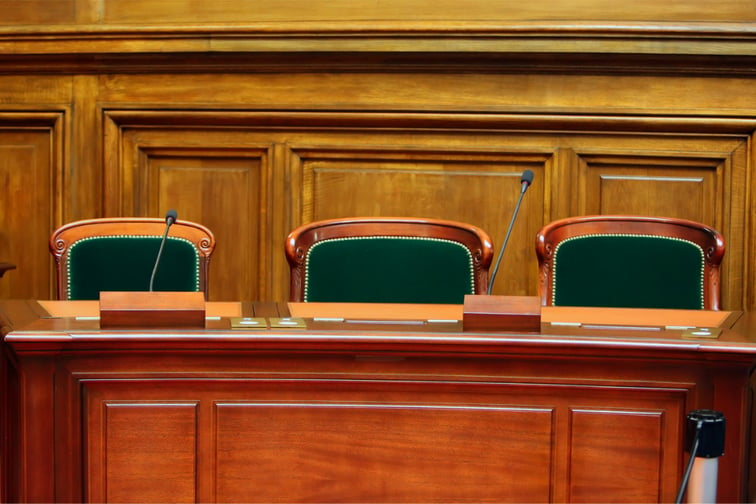

A three-day hearing at the Supreme Court is underway to determine whether former prime minister Dame Jenny Shipley and other directors from collapsed construction firm Mainzeal must pay a total of $38.3m in damages and costs to the company’s liquidators.
In February 2019, the high court in Auckland found them liable for breaching director duties by trading recklessly and ordered them to pay a total of $36m in damages and $2.3m in costs to Mainzeal, with Richard Yan personally liable for $18m and Shipley, Peter Gomm, and Clive Tilby liable for $6m each.
The directors are covered by liability insurance that will pay their damages, news outlet Stuff reported.
Mainzeal had built many iconic buildings – including the Supreme Court building – before it was put into liquidation in 2013 owing nearly 1,400 unsecured creditors $110m.
While the directors failed to overturn the damages order at the court of appeals in March last year, they persuaded the appellate court to order a fresh damages hearing, prompting Mainzeal liquidators Andrew Bethell and Brian Mayo-Smith to appeal to the Supreme Court.
Jack Hodder QC, who represents directors Shipley, Gomm, and Tilby, argued that the directors had developed a strategy to save Mainzeal, and that they had acted rationally and without self-interest in doing so.
“There were grounds for belief that there could be a restoration of material profitability,” he told the Supreme Court.
Mainzeal's strategy was to trade its way out of trouble with non-legally binding support from China-based Richina Pacific. When that support was withdrawn in January 2013, major Mainzeal creditor Bank of New Zealand lost confidence and pulled the plug on the company.
The results of Mainzeal’s turnaround strategy were not ideal, Hodder said, but the directors had not failed in their duties under the Companies Act.
“This was a marginal company, not an unsalvageable company. They were entitled to carry on trading, including having regard to the consequences, if they stopped trading,” Hodder said.
Throughout the trial, the directors maintained they had believed the company would be able to meet its obligations as they fell due.
